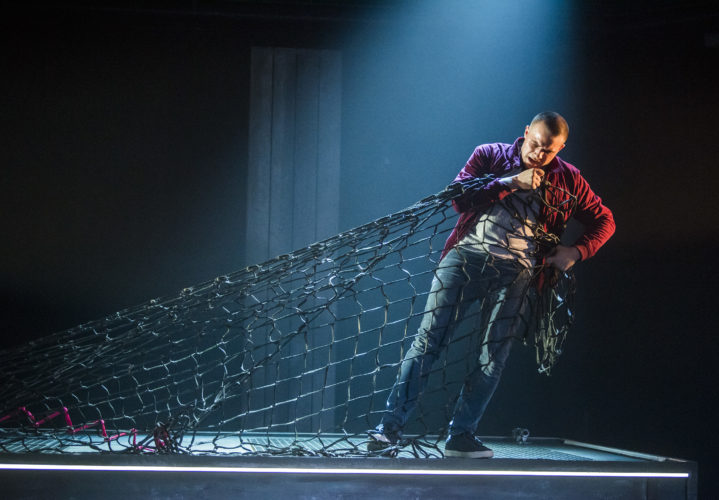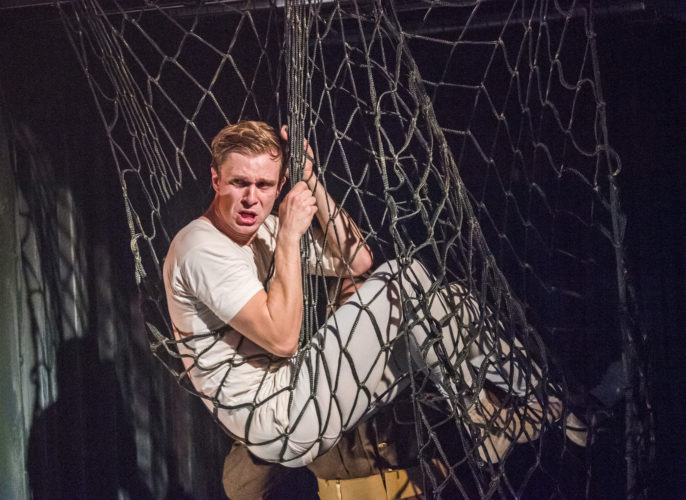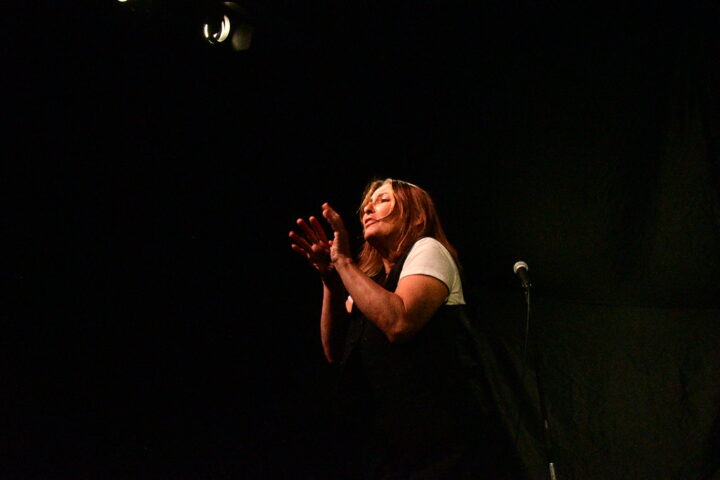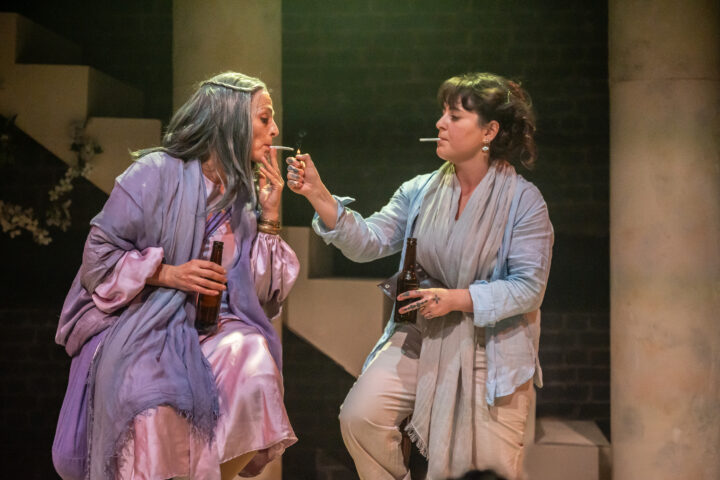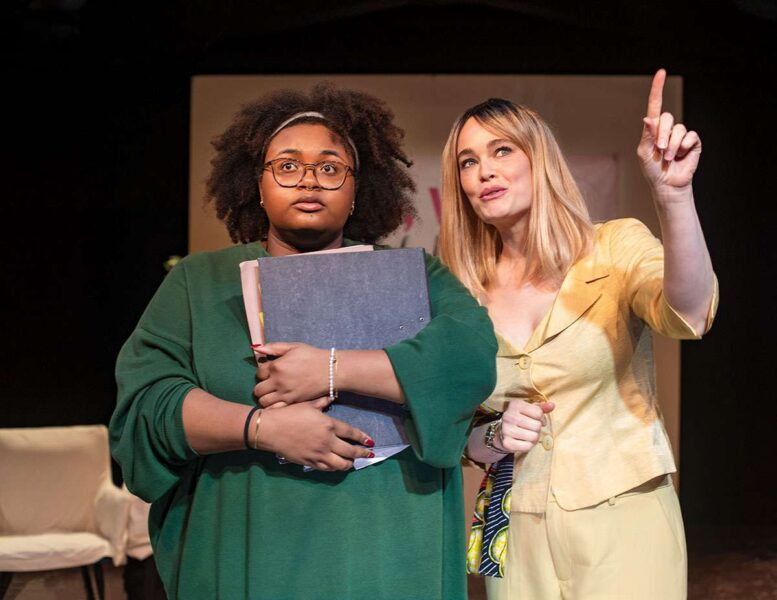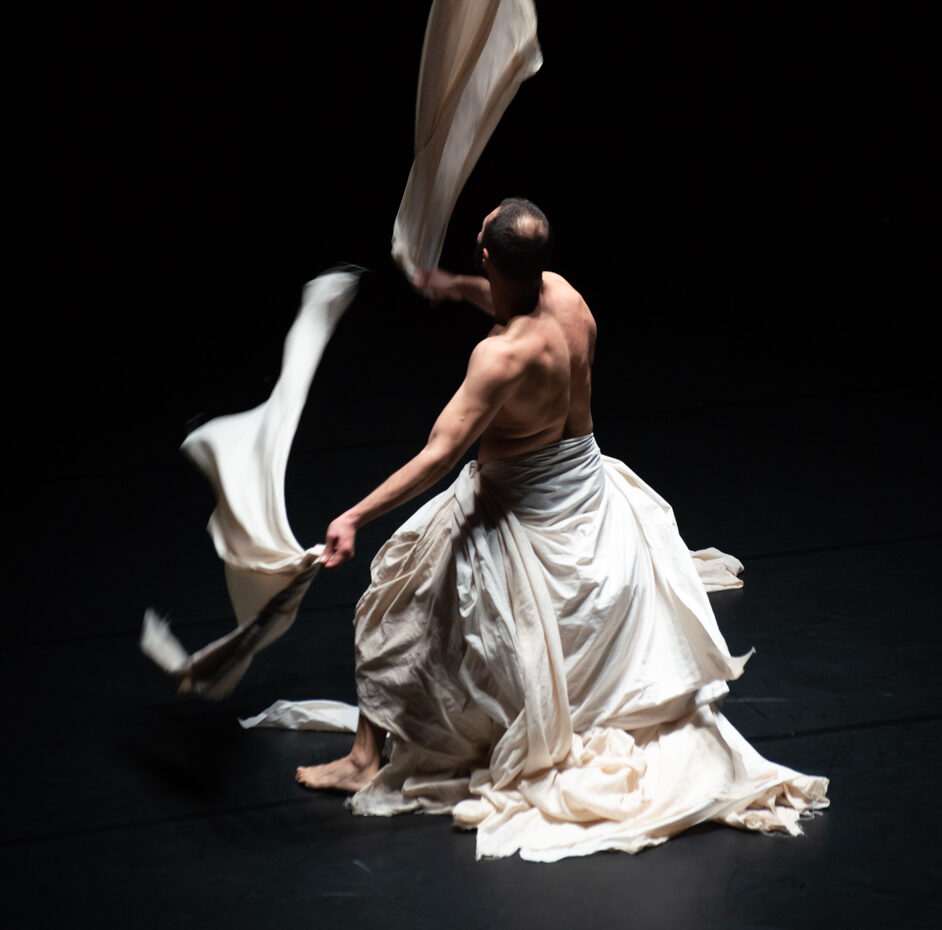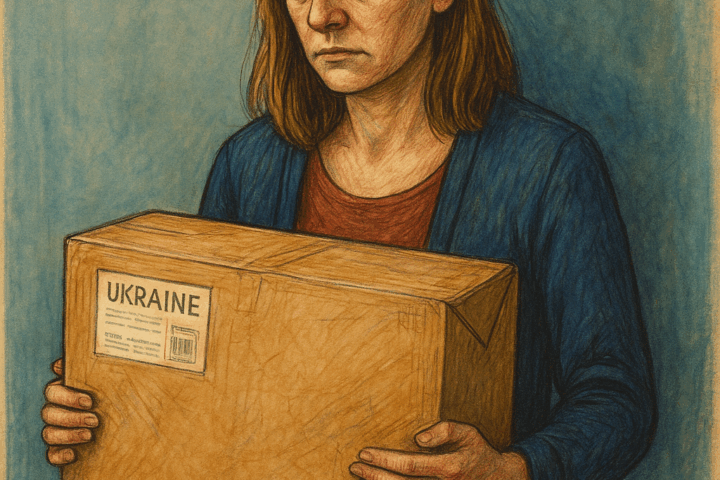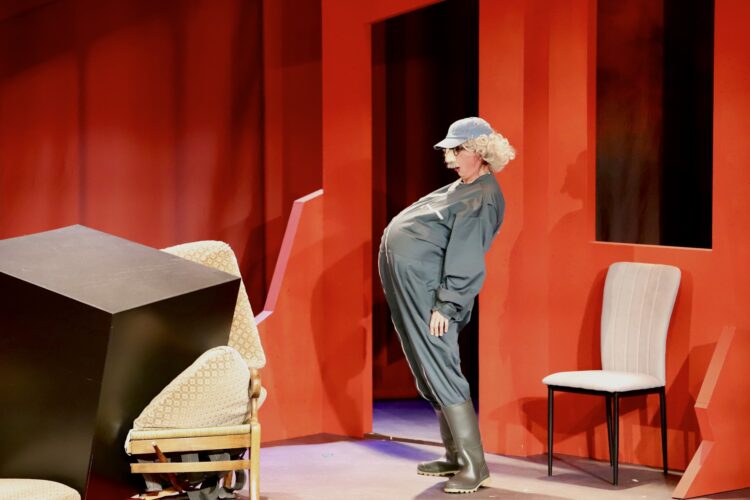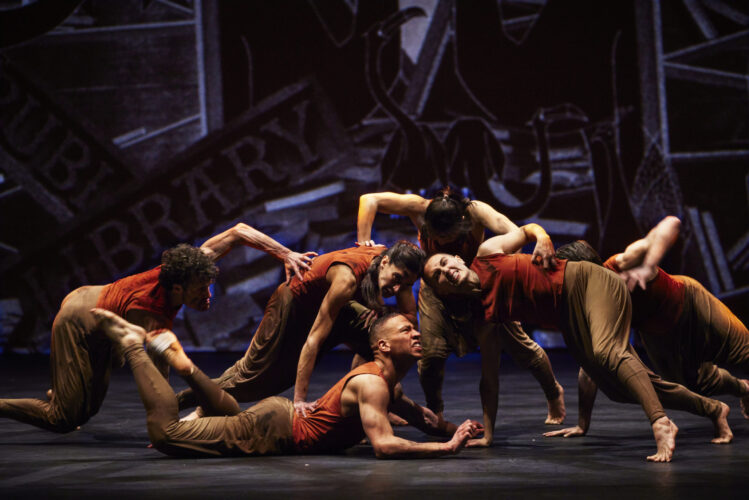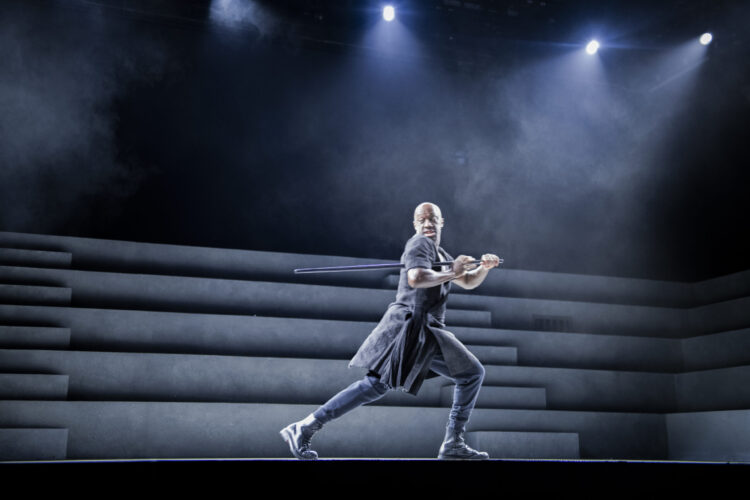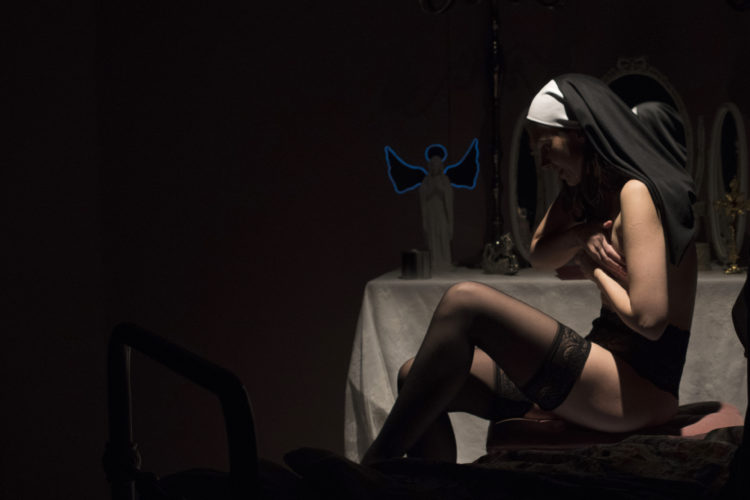The Unreturning
By Beverly Andrews
Over the past four years the world has marked the centenary of World War I with arresting television, dance and theatre productions. English National Ballet’s beautiful ballet Lest We Forget, choreographed by Liam Scarlett, Russell Maliphant and Akram Khan stands out as one of the most powerful productions to mark this awful tragedy. But none come close to Frantic Assembly’s The Unreturning; a tour de force of three interlocking stories which revolve around the tragedy of wars past, present and future. All pose the question: how do we stop this tragic cycle from continuing?
The Unreturning chronicles the stories of three returning soldiers, all with profound emotional scars. The first story is set at the conclusion of World War I but moves back and forward in time as it chronicles the emotional impact that conflict has had on a young soldier who fought in it. Set at a time when doctors were only just becoming aware of post traumatic stress, the piece highlights the psychological wounds that most soldiers suffer. One of the four actors who take part in the production doubles as an uncomprehending wife who naively believes that, since the war is over and her husband has returned unharmed, all will be well again, not realizing that the trauma the young man has suffered makes a return to normality virtually impossible. We eventually see the incident which pushed him over the edge; the famous Christmas truce where soldiers on both sides put down their weapons and connected to each other’s humanity. As dawn breaks and the soldiers return to their respective trenches one drunken German soldier comes back to retrieve his forgotten helmet. The regiment’s British commander arrives, unaware of what had happened before, and orders the young soldier to shoot the German, a man he had been drinking with a few hours earlier. He does and in so doing kills something inside himself. Just that one incident highlights how when war becomes personal it makes it much harder for it to be compartmentalized by those who fight.
The second story focuses on a returning British veteran of the Iraq war, a veteran waiting to see if he will be tried for an atrocity he committed while serving there. His friends treat him like a returning hero, while the tabloid press trick him into a recorded confession. He all the while is struggling with the memory of the atrocity he committed, a violent attack on an Iraqi civilian which left the man partially paralyzed. It’s a memory he simply cannot get out of his head.
The final story is set in a post apocalyptic England torn apart by an unspecified war. A young soldier has been forced to flee the conflict and seek asylum on the continent. Desperate to return home to see a brother he left behind, the memory of that decision haunts him until he decides to forgo the safety of his host country to brave the hazards of the journey, only to be stabbed on his return by his younger brother who mistakes him as a potential attacker.
All three stories illustrate the horror of conflict and our inability to escape its consequences. All show the human cost of each new conflict. All three central characters demonstrate that even for those lucky enough to escape unharmed they carry with them the internal cost of witnessing what no one should see, the needless slaughter of humanity.
Anna Jordan’s writing is exceptional, since although there are only four actors on stage you feel as if you have seen entire communities and gone back and forward in time. She also manages to convey so much with minimal use of dialogue. Frantic Assembly’s staging helps to make this a truly exceptional piece, with a set which is simply a rotating box, but one you marvel at as you travel from the trenches to the sea to England’s rocky costal shores. The Unreturning reminds us most powerfully that even though a soldier may physically survive a conflict, it is unlikely he will ever be the same person again.
form-idea london, 22nd January 2019. @BeverlyAAndrews
